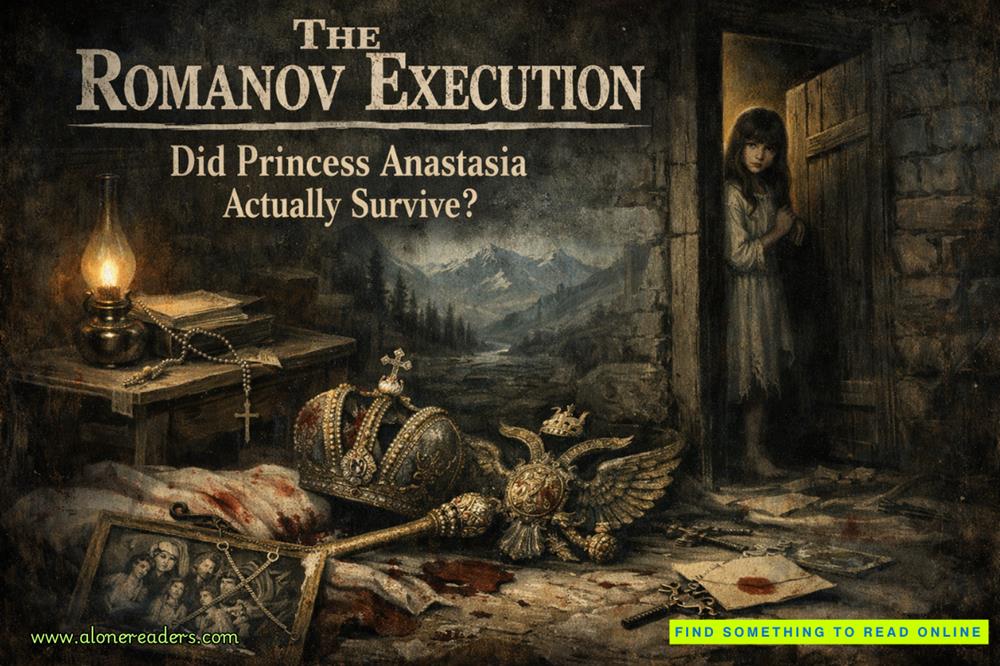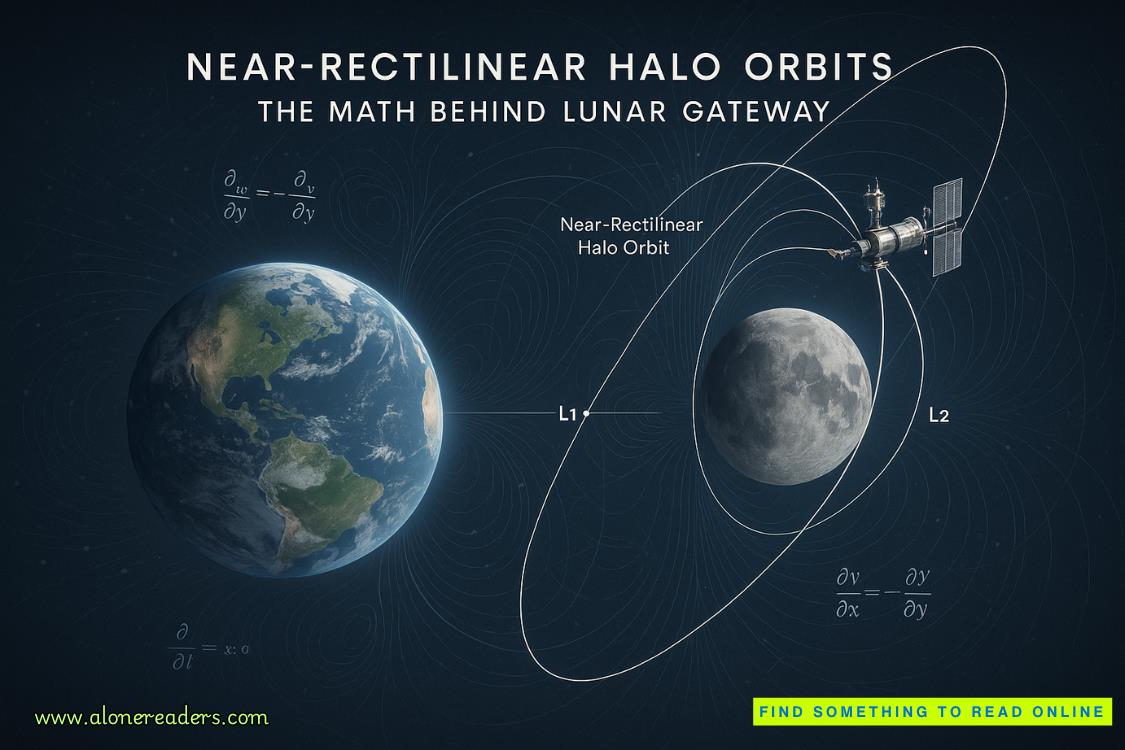“Tracy Murphy,” he says. “Someone scratched ‘little bird’ into the moss last fall. Looks like she keeps it clean.”
“Eyes only,” I say. “If anyone new puts a foot near her, you call me before their shadow lands.”
“Yes, boss.”
I end the call. Aoife is watching me like a safecracker watches a dial. I put the phone down face-first.
“She’s not seeing anyone,” I tell her. “But she visits the cemetery every week.”
The laugh she doesn’t let out turns into a sigh. She stares at the candle between us and then at me. “Her mother. Tracy.” Her voice drops into a past that has teeth. “We were fourteen. The house smelled like bleach for months. Siobhan never liked flowers. She likes them now.” She tips her head. “You won’t?—”
“I’ll keep my men at the edge of the map,” I say. “Grief is a church. We don’t kick the door.”
She looks down at her hands as if she’s surprised to see them steady. When she lifts her face it’s the brave one, the one shewears when inspectors walk in and pretend they invented fire. “I can take care of myself.”
“I know you can,” I answer, and I do. I also know the shape of men who choose women alone on dark streets and the way a city eats the careful. “Let me add a fence you don’t have to paint.”
“You mean a car on the corner and someone breathing into a walkie when I sneeze.” She reaches for the bread and tears it. “You can’t mark me like inventory.”
“I’m not marking you,” I say, and I keep my voice low enough to stay private. “I’m promising the world a consequence.”
Her eyes flash. That old spark that made me take my hands off a steering wheel once because I’d rather crash than miss how she looked when she said something true. “You can promise whatever you want. I can still cut a man with a spoon.”
She lifts the spoon. It’s laden with something indecent—creamy potato under a rain of truffle, the kind of bite that turns proper people feral. She holds my gaze while she slides it past her lower lip and drags it clean with a small, quiet sound meant for my ears alone. Heat climbs my spine like a hand.
“That a threat?” I ask.
“A preview.” She sets the spoon down and licks a smear of cream from the pad of her thumb in a way that should be illegal in three countries. “Relax, Declan. If anyone tries to put hands on me, I’ll remove them and mount them over the bar.”
“That’s my girl,” I say before I can stop the possessive, and the way it lands in her eyes is not a flinch, not quite a welcome, more like a line drawn with a fine pen.
“Careful,” she warns lightly. “Those words comes with clauses.”
“So do I,” I say.
The server arrives with a plate of halibut the color of snow under beurre blanc and a little hill of emerald peas. Aoife eats like a thief who knows where the guards are. I watch the curveof her mouth and forget to breathe for a count. The city leans against the window, all frost and light and secrets. Somewhere in Old Calvary there is a stone that says “Maeve Murphy” and a daughter who cleans it with her hands, and somewhere else in the dark there is a person leaving silver birds on women’s coats.
Aoife sets her fork down and breaks the spell with a grin. “You’re thinking too loud.”
“I’m thinking about dessert.”
“A savior,” she says, and the light returns to her eyes in full. “Order the thing with the figs and the kind of cream that makes you call your priest.”
“I don’t have a priest.”
“You have me,” she says, soft like a blade wrapped in silk, and when she picks up her wine she lets her knee brush mine under the table, just once, just enough, and the little jolt of it rewires the rest of the night.
The phone sits between us like a held breath. I slide my hand under the table and find her knee and leave it there, not a cage, just a claim, and she lets me, which is its own kind of truce.
“You’re hard again,” she murmurs without looking at me, wicked and matter-of-fact.
“Your fault,” I say.
“Of course it is.” She lifts her spoon with the last of the truffle cream and offers it across the table, holding it steady while I lean in and take the bite from her hand, her eyes on my mouth the whole time. “I’ll walk us out the front,” she says, voice gone honey-low. “And you can worry about cemeteries tomorrow.”
“Tonight I worry about you,” I say.
She taps the spoon once against the rim of the plate, the tiniest chime. The maître d’ appears at the edge of my peripheral vision with a bill I won’t read. The candle gutters. Snow begins to feather at the window, soft and slow, a curtain drawing itself, and my phone, face down on linen, carries the last of Seamus’smessage like a heartbeat. No boyfriend. Cemetery. Little bird. I wrap my fingers around the stem of her glass to steady myself, and her knee presses into my palm, a promise under the table that does not belong to anyone but the two of us.















